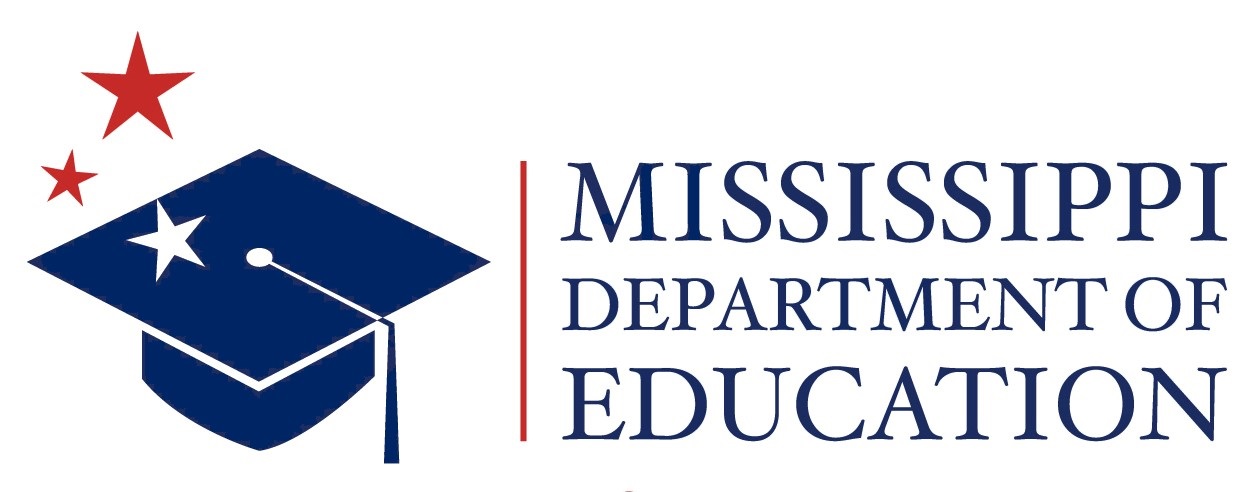NEWS RELEASE
For Immediate Release: June 14, 2023
National report recognizes Mississippi as one of top two states for teacher preparation in the science of reading
JACKSON, Miss. – The National Council on Teacher Quality (NCTQ) recognized Mississippi and Colorado as the top two states for ensuring scientifically based reading instruction in their teacher preparation programs in the new report, Teacher Prep Review: Strengthening Elementary Reading Instruction. The report provides the most up-to-date information available on how teacher preparation programs prepare aspiring teachers to teach children to read.
The NCTQ report credits Mississippi for enacting strong, comprehensive policies to promote the science of reading, with focused implementation. This includes developing robust and specific teacher preparation standards and accountability, requiring a strong reading licensure test and offering supports for teacher preparation programs to make the transition to scientifically based reading preparation.
Mississippi’s investments in teacher preparation and professional development for educators has helped make the state a national leader for improving student outcomes. In 2019, Mississippi 4th graders achieved the No. 1 spot in the nation for gains on the National Assessment of Educational Progress (NAEP). Mississippi maintained its historic gains in 4th grade reading on NAEP in 2022, and the state's economically disadvantaged 4th graders achieved higher scores in reading and math than their peers nationally and in the South. Since 2013, Mississippi’s national ranking for 4th grade reading jumped from 50th to 21st.
“The National Council on Teacher Quality report validates Mississippi’s commitment to equipping all elementary teachers to teach reading effectively,” said Mike Kent, interim state superintendent of education. “Mississippi students are more proficient readers because they have effective, dedicated teachers who teach the science of reading.”
While some children will learn to read naturally, over five decades of research has established the components of explicit, scientifically based reading instruction that help most students become successful readers. Research suggests that over 90% of children could learn to read if their teachers used instructional methods grounded in the science of reading.
“We’re in the midst of a long overdue revolution on the science of reading, but teacher prep programs haven’t fully caught up,” said Dr. Heather Peske, NCTQ President. “Prospective teachers — and certainly their students — deserve far better.”
NCTQ examined nearly 700 teacher preparation programs across the country, looking for evidence that coursework for future elementary teachers includes all the core components of scientifically based reading instruction: phonemic awareness, phonics, fluency, vocabulary and comprehension. The analysis breaks down how future elementary teachers are prepared in each aspect of the science of reading through instructional hours, assigned readings, assignments and assessments, and opportunities to practice.
Find all MDE news releases at mdek12.org/news.
###
Media Contact:
Jean Cook, APR
Chief of Communication
601-359-3515
jcook@mdek12.org
Shanderia Minor
Public Information Officer
601-359-3515
sminor@mdek12.org



